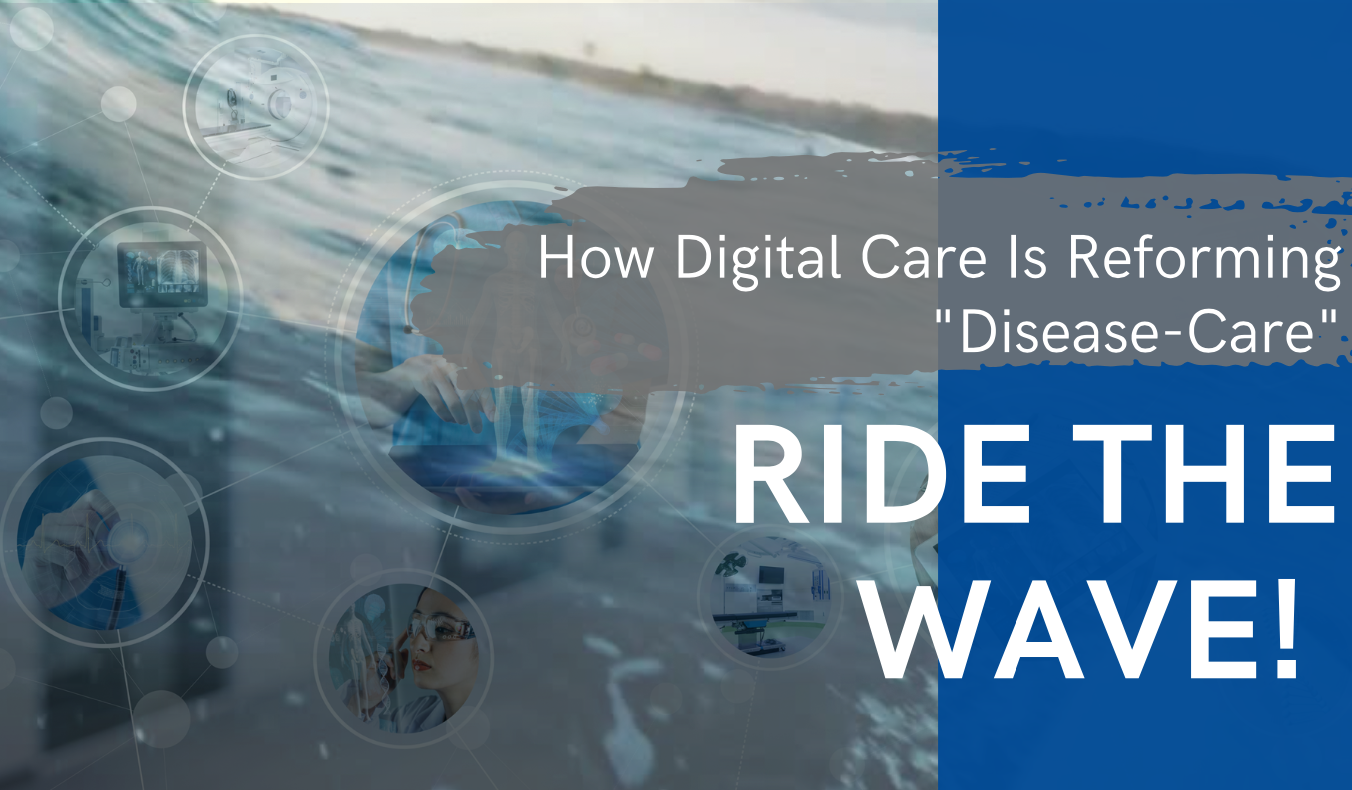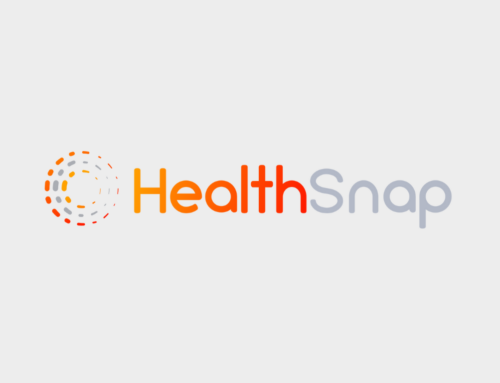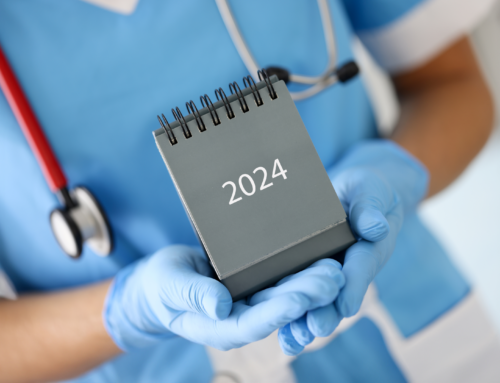By Dr. Wesley Smith, HealthSnap Co-Founder & Chief Scientific Officer
“If people are constantly falling off a cliff, you could place ambulances under the cliff or build a fence on the top of the cliff. We are placing all too many ambulances under the cliff” – Dr. Denis Burkitt, M.D.
THE ROLE OF DIGITAL CARE
Digital care can transform healthcare for the better. Digital therapies and remote monitoring provide an extended arm to patients at home, enabling physicians to care for patients more proactively. A heart failure patient gaining weight, coughing, and on the verge of desaturating can be recognized before it’s too late. Hypertensive patients skipping meds can be identified. Glucose control in metabolic disease patients can be optimized before the assessment of rising A1C and increased comorbidities. Like Dr. Burkitt’s quote on prevention in healthcare, it’s as if we’ve finally figured out how to put up guardrails on the mountainous highway rather than just ambulances at the bottom.
REMOTE METHODOLOGY & BEHAVIORAL CHANGE
When delivered properly, the addition of remote methodology in healthcare can foster behavioral change. While it seems implausible for patients to change their lifestyle, evidence suggests it depends on the method. We have found that providing patients with subtle insights while monitoring their physiological data can instill engagement and greater health literacy. And as patients learn how to manage their health variables, they gain self-efficacy

A 2021 meta-analysis on remote physiological monitoring found the most successful methods were those which were patient-centric and instilled health literacy and self-efficacy. For example, we ask hypertensive patients to take their blood pressure before and after going for a walk, which allows them to see the medicinal-like, post-exercise hypotensive effects. Similarly, we provide insight into functional foods for pre-diabetic patients who monitor their glucose. This shows them the role certain foods have to combat high blood glucose. Once patients grasp these simple lifestyle modifications, they become less cavalier about exercise, diet, and other behavioral variables that positively impact their health.
This wave of digital care provides an opportunity to engage patients with their health by simply transmitting their physiological data. Still, it also affords us an extraordinary chance to integrate behavioral strategies to empower patients with a better understanding of how to take control of their health.






